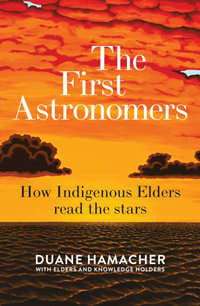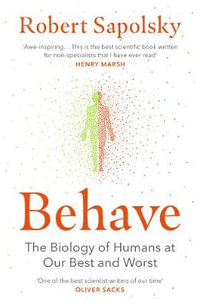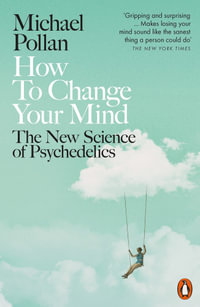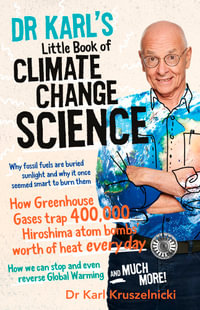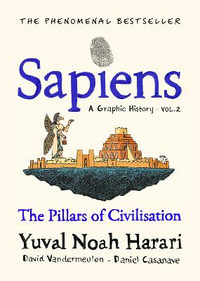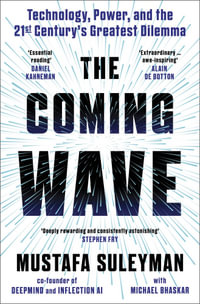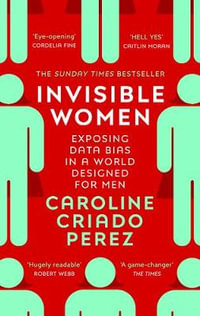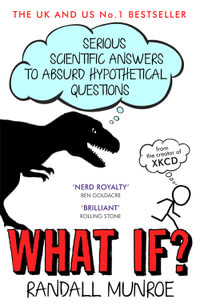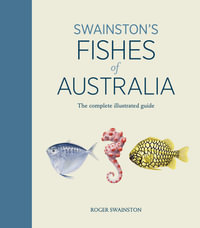Ordinary people can perform acts of astonishing selflessness, sometimes even putting their lives on the line. A pregnant woman saw a dorsal fin and blood in the water-and dove right in to pull her wounded husband to safety. Remarkably, some even leap into action to save complete strangers: One New York man jumped onto the subway tracks to rescue a boy who had fallen into the path of an oncoming train. Such behavior is not uniquely human. Researchers have found that mother rodents are highly motivated to bring newborn pups-not just their own-back to safety. What do these stories have in common, and what do they reveal about the instinct to protect others?
In The Altruistic Urge, Stephanie D. Preston explores how and why we developed a surprisingly powerful drive to help the vulnerable. She argues that the neural and psychological mechanisms that evolved to safeguard offspring also motivate people to save strangers in need of immediate aid. Eye-catching dramatic rescues bear a striking similarity to how other mammals retrieve their young and help explain more mundane forms of support like donating money. Merging extensive interdisciplinary research that spans psychology, neuroscience, neurobiology, and evolutionary biology, Preston develops a groundbreaking model of altruistic responses. Her theory accounts for extraordinary feats of bravery, all-too-common apathy, and everything in between-and it can also be deployed to craft more effective appeals to assist those in need.
About the Author
Stephanie D. Preston is professor of psychology and director of the Ecological Neuroscience Lab at the University of Michigan. She is coeditor of The Interdisciplinary Science of Consumption (2014).
Industry Reviews
Stephanie Preston knows human and animal empathy as no other. By demonstrating that helping behavior is baked into the mammalian brain, her eye-opening and well-written book takes the puzzle out of the 'puzzle of altruism.' -- Frans de Waal, author of Different: Gender Through the Eyes of a Primatologist
An innovative, breakthrough body of work. Preston provides compelling evidence that our concern for others is biologically rooted in caregiving processes present throughout the animal kingdom. Insightful parallels drawn between human heroism and rodent caregiving speak to common underlying mechanisms. Written in an engaging style, the work is marked both by scientific rigor and creativity. Preston's compassion for all beings shines through. -- Carolyn Zahn-Waxler, Honorary Fellow in the Department of Psychology and the Center for Healthy Minds, University of Wisconsin
The Altruistic Urge is a must-read for anyone interested in the evolution of human behavior. Those who have a pessimistic view of human nature will be surprised to learn that people often go out of their way to rescue their fellow human beings from dangerous situations at great risk to themselves. Stephanie Preston explains the science behind this extreme 'altruistic response' with new ideas, compelling facts, and an engaging writing style. -- Dario Maestripieri, University of Chicago and author of Macachiavellian Intelligence and Games Primates Play
This book does a terrific job of further dispelling the myth that human empathic experience and altruistic behavior, and their neurological substrates, are distinct from those of other animals. It also aptly weaves together neuroanatomy, psychology, and evolutionary theory, a necessary context that's difficult for many in the scientific and lay communities to understand. -- Garet Lahvis, neuroscientist and author
We are a complex species...sometimes painfully selfish but also laudably giving. Ms. Preston's book develops a plausible hypothesis to explain the extraordinary, heart-warming side of our dual personality. 'The Altruistic Urge' should be taken seriously. * The Wall Street Journal *
Preston has produced an interesting and well-documented theory of human altruistic behavior. * American Scientist *
One of 'five of the week's best science picks.' * Nature *
A 'Favorite Book of 2022' selection. One of 'the most thought-provoking, practical, and inspirational science books of the year.' * Greater Good Magazine and Science Center *
Makes a strong and scientifically well-supported case. * Inside Story *



